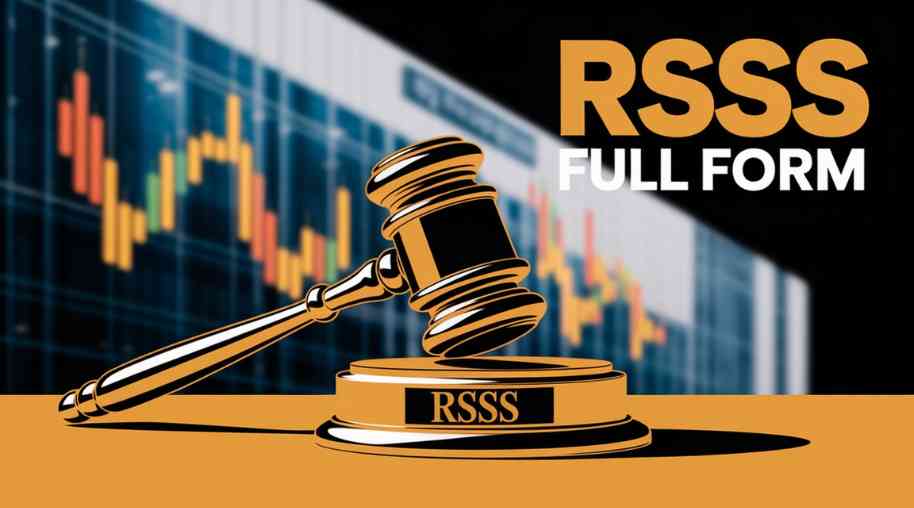RSSS Full Form-Recommendations for Securities Settlement System
by Shashi Gaherwar
0 1010
Recommendations for Securities Settlement Systems: Enhancing Efficiency and Security
Introduction
Securities settlement systems (SSS) play a crucial role in financial markets by ensuring the secure and efficient transfer of securities and funds. The effectiveness of these systems directly impacts market stability, liquidity, and investor confidence. To enhance operational efficiency and mitigate risks, regulatory bodies such as the Bank for International Settlements (BIS) and the International Organization of Securities Commissions (IOSCO) have developed guidelines and best practices for securities settlement.

Key Objectives of an Efficient Securities Settlement System
An ideal securities settlement system should:
• Ensure Timely and Accurate Settlement: Minimize settlement delays and discrepancies.
• Reduce Systemic Risk: Mitigate the risks associated with counterparty defaults.
• Enhance Transparency: Provide clear reporting and regulatory oversight.
• Support Market Liquidity: Facilitate seamless trading and investment activities.
• Adopt Technological Innovations: Improve efficiency through automation and blockchain-based solutions.
Recommendations for Improving Securities Settlement Systems
1. Adoption of a Central Counterparty (CCP) Clearing Model
A CCP acts as an intermediary between buyers and sellers, ensuring transaction security and reducing counterparty risk. Implementing a robust CCP mechanism enhances market confidence and prevents cascading defaults.
2. Implementation of Delivery Versus Payment (DVP) Principle
The DVP mechanism ensures that securities are delivered only if corresponding payments are made. This minimizes settlement risks and prevents fraudulent transactions.
3. Strengthening Risk Management Frameworks
Effective risk management strategies, including margin requirements, collateralization, and stress testing, help mitigate financial losses and enhance system resilience.
4. Enhancing Cross-Border Settlement Mechanisms
With the globalization of financial markets, interoperable settlement frameworks across jurisdictions can improve transaction efficiency and reduce foreign exchange risks.
5. Adoption of Blockchain and Distributed Ledger Technology (DLT)
Blockchain-based settlement systems can streamline post-trade processes, enhance transparency, and minimize reconciliation errors.
6. Ensuring Robust Regulatory Oversight and Compliance
Regulatory frameworks should align with global best practices to ensure accountability, protect investors, and prevent market manipulation.
7. Promoting T+1 or Real-Time Settlement Cycles
Reducing the settlement cycle from T+2 to T+1 or real-time settlement decreases counterparty risk and enhances market efficiency.
8. Strengthening Cybersecurity Measures
With increasing digital transactions, robust cybersecurity frameworks are essential to protect settlement infrastructures from cyber threats and fraud.
Challenges in Implementing Recommendations
Despite the benefits, implementing these recommendations involves challenges such as:
• High Implementation Costs: Upgrading legacy systems requires significant investment.
• Regulatory Harmonization Issues: Different jurisdictions may have varying compliance requirements.
• Operational Risks: Transitioning to new settlement models may pose temporary inefficiencies.
• Market Resistance to Change: Traditional market participants may be reluctant to adopt new technologies.
The evolution of securities settlement systems is essential for fostering financial stability and market efficiency. By embracing technological advancements, regulatory reforms, and risk mitigation strategies, securities settlement systems can enhance market trust and drive economic growth. Continuous adaptation and collaboration between financial institutions, regulators, and technology providers will be crucial in shaping the future of securities settlement systems.

Share:








Comments
Waiting for your comments